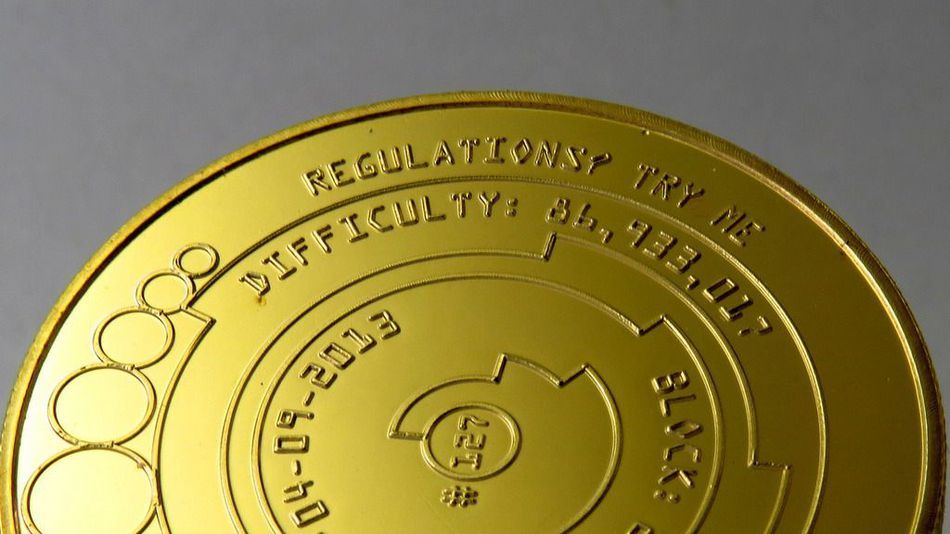Will Conley — Slash Gear
Bitcoin miner Milly Bitcoin has done a little citizen letter-writing, and the results should make virtual currency miners breathe a sigh of relief. Milly Bitcoin’s mining company Atlantic City Bitcoin last June wrote to the U.S. Department of the Treasury’s Financial Crimes Enforcement Network (FinCEN) requesting an official administrative ruling on whether ACB must register as a money transfer service. FinCEN has now replied, and the answer is no.
ACB requested the ruling because there has been much confusion as to whether mining — and spending the proceeds — constituted a money transfer service. This may seem a ridiculous question to virtual currency aficionados, but the confusion arose because some businesses dealing in virtual currencies do indeed operate as money transfer services. Mining and spending virtual currency, however, is not a transfer service. Such was the ruling by FinCEN.




